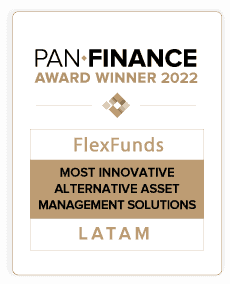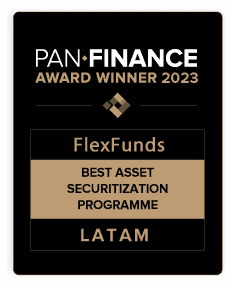An estimated 56% of fund managers interviewed in Bank of America’s monthly survey are taking lower-than-normal levels of risk in the face of the possibility of a global recession. How do passive and active management strategies differ, and which is applied at these junctures in the fund management business?
The global economy is showing signs of a recession amid rising inflation that has led central banks in the world’s largest economies to raise rates to avoid getting out of control. Fund managers in the run-up to 2023 are closely watching this scenario.
According to Bank of America’s survey of more than 300 fund managers overseeing assets of some US$971 billion, it concludes that 74% of respondents believe that a global recession will occur in the next 12 months.
Moreover, cash levels in the portfolios of these fund managers have reached levels not seen since 2001 at 6.3%, as they have chosen to remain underweight in equities, according to the Bank of America survey, cited by Reuters.
According to a report by EY, this backdrop challenges fund managers to adjust their strategies and business models. At the same time, they must also seek a path to growth through investments in data and technology.
The audit firm sees it as key for these firms to integrate “a flexible approach to partnering, collaboration, and mergers. There is also an opportunity for companies to offset margin dilution by taking action on strategic cost transformation,” it says.
But in this context: what investment strategies exist, and which apply now in the face of downturn risks?
Active vs. passive management
In a changing environment such as the current one, in which markets are down and several instruments are outperforming inflation due to high-interest rates, there are several investment opportunities that fund managers are watching to generate the highest returns for their clients.
In this context, fund managers are debating between active or passive management to take advantage of this situation, according to the risk profile of their clients and their proposed investment goals amidst all the signs that suggest a global recession could occur in 2023.
At times of market inefficiencies such as the current ones, active management strategies aim to outperform a benchmark stock index such as the NYSE S&P 500 or another asset class.
To do so, they resort to strategies such as buying assets that are considered undervalued and then selling them to obtain returns above the benchmark. This requires an in-depth analysis by fund managers of the performance of the different assets being monitored and the inefficiencies that arise to enter them.
Faced with the risk of a global recession, markets have shown downward behavior.
Financial analysts consider that in a context such as the current one, it could be strategic to take advantage of undervalued stocks, mainly in fields such as technology, where active management could be helpful.
Passive management occurs when the fund manager opts for a more conservative strategy, with less risk exposure and offering lower returns. This strategy does not seek to beat the performance of a given index or asset but to match it.
Passive strategies usually have lower management costs than active strategies. At the same time, in the former, fund managers do not assume a proactive role in portfolio construction but only seek to follow the dynamics of the defined index or asset.
Among the leading active management instruments are exchange-traded funds, which seek to replicate the performance of an index or a diverse basket of assets, including commodities. According to figures from Statista, passively managed index funds went from representing 20% of total assets under management by U.S. investment firms in 2011 to 43% last year.
But is one more popular than the other in times like these? Well, active management generally offers better returns at a higher cost of management, and passive management provides less risk exposure by taking a more conservative stance, with returns that may be less lucrative. Therefore, many financial analysts conclude that investors and fund managers should appeal to portfolio diversification to minimize risk and take advantage of the benefits of scenarios with active and passive management. In any case, it will depend on the investment terms set and the patience of each investor, the risk profile, and the management costs to be assumed, among other factors.
Sources:
- https://www.reuters.com/business/investor-survey-signals-start-policy-capitulation-bofa-2022-10-18/
- https://www.ey.com/en_it/wealth-asset-management/are-you-reframing-the-future-of-asset-management-or-is-it-reframing-you
- https://www.statista.com/statistics/1262209/active-passive-investment-funds-usa/
- https://consent.yahoo.com/v2/collectConsent?sessionId=3_cc-session_63d088f0-f322-4db4-a124-9397098ff372







